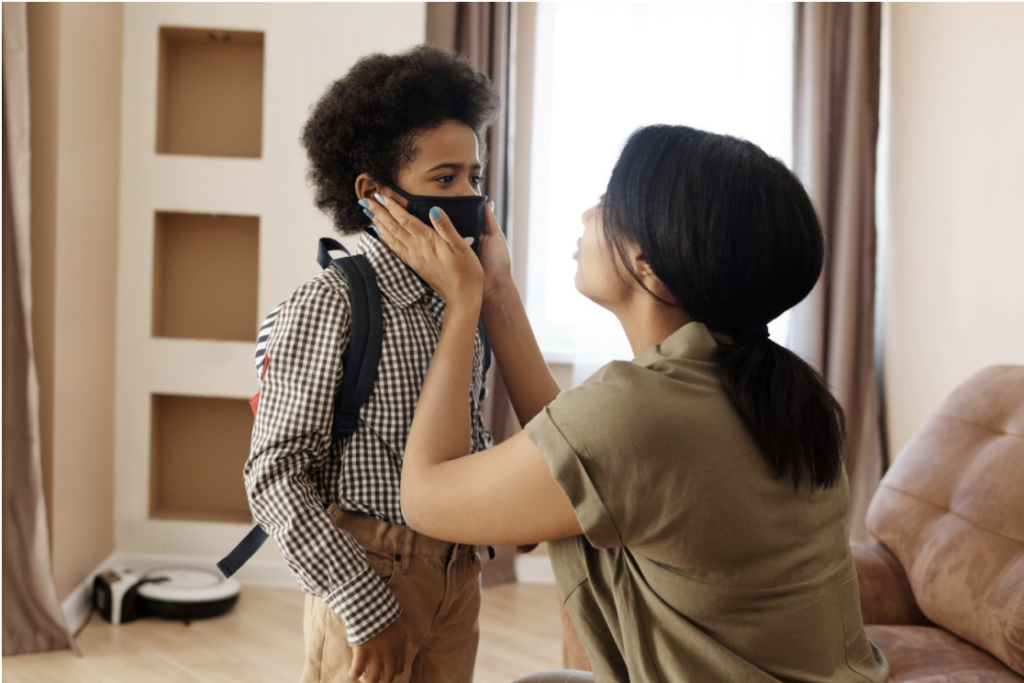
Children and COVID-19
COVID-19 is new, so we are still learning about it and how it affects people, including children. It seems to affect children much less severely than older people.
COVID-19 spreads easily through sneezing, coughing, breathing, talking and hand contact. The virus can also live on objects that have been in contact with an infected person’s mouth, nose, hands or body fluids. This means the virus can spread if you touch an infected object.
Common symptoms of COVID-19 include:
- symptoms like those of a cold or flu, including runny nose, sneezing, sore throat, cough, aches and pains
- fever
- difficulty breathing
- fatigue
- irritability
- loss of appetite
- loss or altered sense of smell or taste.
Symptoms might come on quickly and might last 2-5 days. Recovery from symptoms like fatigue might take several weeks depending on how severe the illness has been.
Symptoms can vary from child to child. Some children might not get any symptoms at all, and other children might get mild symptoms. The incubation period for COVID-19 can be 1-14 days. This means the virus can infect people up to 14 days before symptoms appear.

You know your child best, so trust your instincts if your child does not seem well. If your child has difficulty breathing, your child’s skin is pale or blue, or your child is drowsy or unresponsive, call your doctor or go to a hospital emergency department straight away if your child has a fever for longer than five days and/or swollen neck glands, swollen hands or feet, red eyes or tongue, a skin rash or cracked lips.
There is no specific treatment for COVID-19 that can make it go away more quickly. If they diagnose your child with COVID-19 and your child has uncomfortable symptoms, your doctor or another health professional will let you know how to manage the symptoms. This might include paracetamol, lots of fluids and rest.
The doctor or health professional will also tell you how to protect others from infection. This might include a period of isolation from people outside your household until your child’s symptoms go away. This period might be 1-2 weeks.
It is important to keep your child away from:
- places like child care or school
- people who have weakened immune systems
- elderly people – this might include grandparent carers or elderly relatives in nursing homes.
Hand-washing is one of the simplest and best ways of preventing the spread of illness, including the spread of COVID-19, also good personal hygiene can help to protect your child from COVID-19 and prevent its spread.
You can also encourage your child to keep their hands away from their eyes, nose and mouth as much as possible. This is how the virus gets into the body. Your child can also reduce risk of catching COVID-19 by staying at least 1.5-2 m away from anyone who is sneezing or coughing and avoiding close contact with anyone with the virus.
If there is community spread of COVID-19 in your local area, you might be asked or required to wear a face mask, shield or covering.
